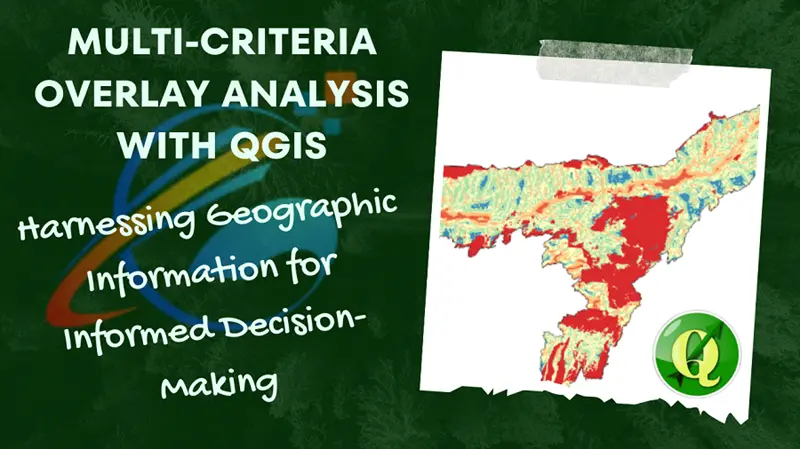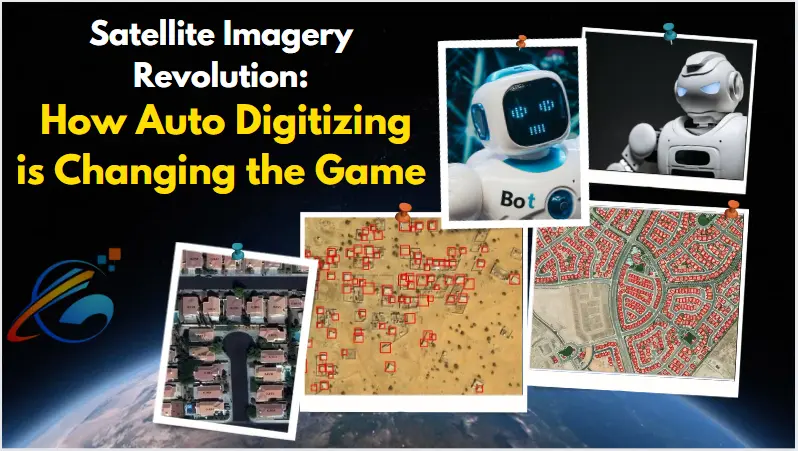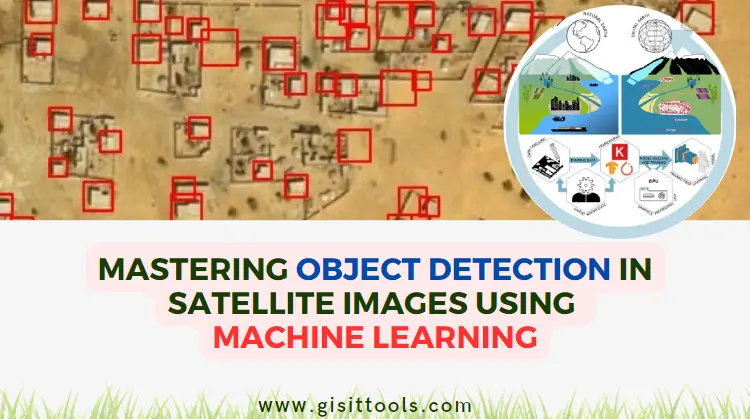The academic area of focus, Geographic Information Systems (GIS), has grown especially as it provides numerous employment prospects for those who have the brightness of working with Geographic Information Systems, and an interest in geography, analytics, and technology. Since organizations are now seeking to understand their spatial environment and apply GIS for their decision-making, industries are feeling the need for professionals in GIS. Whether it is your first time searching for an entry-level GIS job, or you are searching for that promotion, this guide will help steer you in the right direction on how to get there.
Understanding the GIS Landscape
- The Importance of GIS
The abilities of GIS average by providing organization’s ways of graphical illustration and interpretation concerning spatial position as well as distribution patterns. In planning domains ranging from urban and rural to physical environment management, disaster preparedness, and response, business and industry, GIS is used in many capacities and methods. Understanding the various fields where GIS is applicable is important because it makes available many career openings.
The following are some of the more common GIS technologies and tools:
For one to succeed in GIS it is mandatory to understand basic technologies and tools. These include:
- ArcGIS: A diverse range of GIS software that is in operational use with various fields that is developed by Esri.
- QGIS: A free GIS software that provides wide functionalities and is backed by a friendly community of users.
- Remote Sensing Tools: Software that may not be readily available by the open source that supports the analysis of satellite and aerial images such as ERDAS IMAGINE and ENVI.
- Programming Languages: Python and R are often found in GIS automation and complicated spatial analysis.
Being aware of the latest versions and the improvements in these tools makes you marketable in the employment sector.
Building a Solid Foundation
- Education and Certifications
Education forms the basis of most GIS careers: professionals are expected to have formal education. Although it is helpful to earn a degree in geography or environmental science or any related major, specialized GIS programs are gradually emerging. Furthermore, anyone holding a certification from Esri known as the ArcGIS Certification or even the GISP (GIS Professional) will certainly improve one’s profile in the marketplace.
- Gaining Practical Experience
This is why theoretical knowledge is significant, but practical experience is significant too. It is always good to participate in internships, volunteer work and project-based activities because they assist in acquiring the practical experience. Getting involved in local government projects environmental projects or even a freelance project works as a blessing concerning the portfolio.
Advancing Your Career
- Networking and Professional Development
Networking is very important in the GIS profession as the individual seeks to establish himself or herself in the career. Such professional associations could include URISA – Urban and Regional Information Systems Association, as well as AAG – The American Association of Geographers; for which members could tap into networking meetings, conferences, and job boards. This is also important when it comes to getting an idea of what your peers are up to you can find these in online forums like the geographic information system stack exchange or linked in groups.
- Cultivating a Specialty or a Particular Area
With the development of the GIS field comes value-added choices for graduate students to focus on specific areas. Regardless of whether you are interested in remote sensing, spatial data science, urban planning, or environmental management, discovering an area of specialization in which you are interested and have skills will help to distinguish you from your competitors. Specializing also enables you to develop an area of proficiency and makes you a very valuable employee to an employer.
- Continuous Learning and Adaptation
The field of GIS is relatively young and therefore there are new technologies and methodologies in the field continuously. Thus, the only way to maintain a competitive advantage is to prove one’s willingness to learn all the time. This could include going for higher levels of education, enrolling in other higher-level classes, or participating in other professional development activities. Also, it will be useful to track recent trends in the field, for example, how GIS is being linked to AI or the increasing significance of 3D space, which will allow for timely adjustment to emerging circumstances.
The Challenges and the Solutions Found in Geographic Information System
- Staying Competitive
Competitive is the term that must be used to describe the field of GIS today since its popularity is rapidly increasing. As a result, to suit your job search effectively it’s crucial to build up a specific set of skills that will enhance your GIS competence. This may be data presentation skills, project coordination, or computing skills among them.
- A point of discussion as to whether technical skills can be integrated with soft skills
Apart from major knowledge in the technical elements of GIS, there are major interpersonal attributes that are crucial to working in the GIS profession. Most GIS specialists are employed in multi-disciplinary settings where they intend to convey rather technical information from the applications and data to other people. Succeeding in these areas can benefit your effectiveness and job outlook because they are soft skills.
- Navigating Job Market Changes
The experience indicates that there are fluctuations in the GIS field, which is characterized by high dependency on qualified job seekers in certain areas and industries. Taking this into account it may be helpful to be ready to change the location of work or switch to related fields of work or data analysis and urban planning. On the same note, it is also good to have freelancing or consulting as other career options, and even as these professional services lower employment flexibility and diverse project experiences.
To be a professional with a healthy growth of the GIS profession, some of the key factors include, technical skills, training, and networking. If you focus on the foundation, determine a specific interest area, and always keep the door open for change in this field, it is quite possible to walk the path and do something positive in the fight against geographic information systems. For the newcomer as well as the experienced professional the employment prospects in GIS are huge and if one wishes to progress and make it big then the untapped remains entirely in the hands of the individual.






comments
Leave a Reply
Your email address will not be published. Required fields are marked *